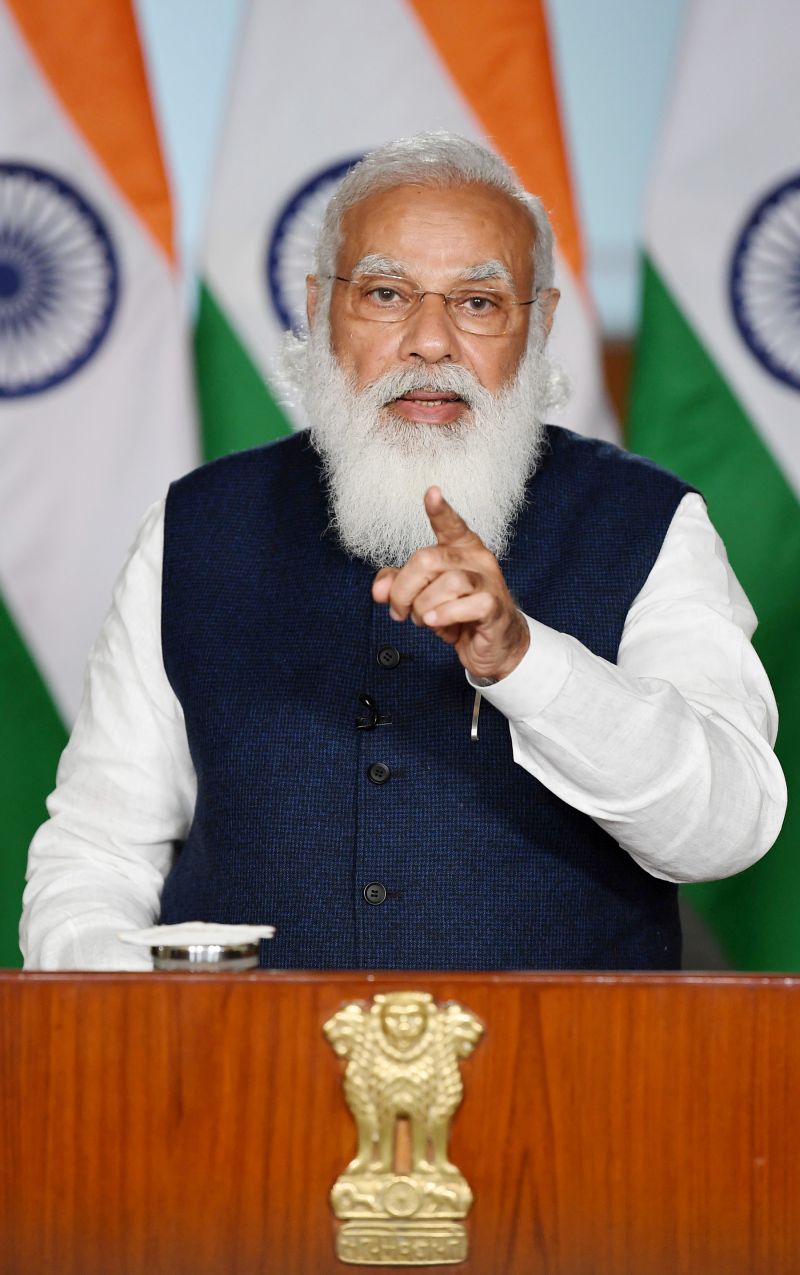India Define Your Redlines
By Rohit Srivastava

The ongoing conflict between Ukraine and Russia has many lessons for India that aspires to be a leading world power. India, except in 1971, has followed a path of high moral position and coexistence. Unfortunately, the world since time immemorial has been about decimating opponents or fighting the adversary till it surrenders.
The rules of the game have not changed. West, led by the USA, is pushing Russia till it accepts its dictates; on the other hand, Russia is decimating a regime that will never accept its concerns. That is what the West did to USSR. They did not like its political ideas, so they brought it down.
Both sides know each other’s redlines. West crossed it. Now Russia is doing whatever would secure itself. One of the main lessons for India is that it must define its redline, which is inviolable in every aspect, be it geopolitical, economic, strategic, military, global finance so on and so forth.
India’s two adversaries, Pakistan and China, since 2014, on various occasions, have tested the Indian threshold of war. In 2016, one week after Prime Minister Narendra Modi visited Pakistan, Jaish-e-Mohammed attacked the Pathankot airbase in the Jammu region. India responded in the spirit of bonhomie and went for a joint investigation. India had egg on its face. Emboldened Pakistan did Uri.
India responded with the surgical strike. Followed by the Pulwama suicide attack (2019), India responded with Balakot Air Strike.
India set a red line for Pakistan. The days of India fighting Pakistan’s proxy within its territory is over. Terrorism in Kashmir will have repercussions on the other side too.
Similarly, the message to China is there will be no one-sided altering of the Line of Actual Control.
It may appear that India has established military thresholds beyond which India will respond with resolve, but it would be a wrong assessment of Indian policy.
China has yet to move back to status-quo ante in North Ladakh and Pakistan is in economic and political doldrums to plan anything nasty.
The Russian operation in Ukraine has changed the fundamental arrangement of the post-soviet world order. The world is not the same place as we know. The world is back to the WWII era.
The post-soviet order did not change with the US defeat in Vietnam or pullout from Afghanistan. It did not change when the US attacked Iraq after 9/11. It did not change when Armenia was crushed by Turkey-Azerbaijan. But it changed when Russia moved into Ukraine. One may ask why?
The answer lies in 'Might is Right' or as former US president George Bush said ‘you are either with us, or against us’. The cultural-historical complexities and national interest of other nations do not matter to the global hegemon.
Russia has moved against the set world order. And the power of the day wants to re-establish its order. To establish one's order, one has to fight. Every war that the US fought post-WWII was about crushing countries that did not follow its dictates.
The US and its allies will do everything to retain their supremacy. India will face tough questions and fated to make tough choices in the coming days. This is not going to be easy. Indian military purchases of the last few years will impose many restrictions on strategic decision making. This is going to cost India dearly in the coming years.
The world is entering unchartered territory. India must define its geopolitical and national objective in no uncertain terms to its people and the world. It will have to achieve a national consensus on them and prepare the nation to defend them at any cost.
India need not jump into any global war, ignoring our long term interests. It must not ignore long term interests to have peace.
India must prepare itself to defend its interest. Any number of sacrifices to achieve this should not matter. Peace achieved through victory is anytime better than compromised peace. India, as a nation, is still paying for partition, a compromise offered by the British. India must make wise choices keeping long term interest over short-term peace. Indian political leadership has a mammoth task on their hand to prepare the citizens for the worst possible scenario.



